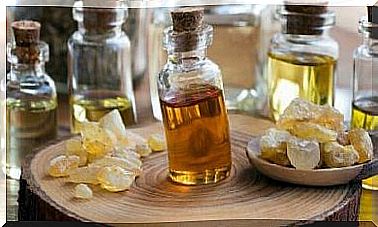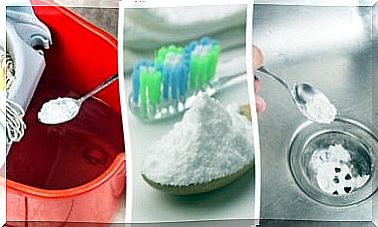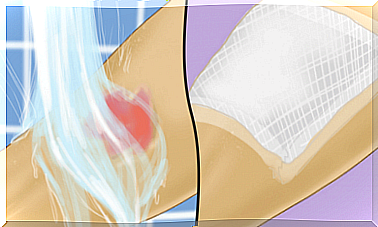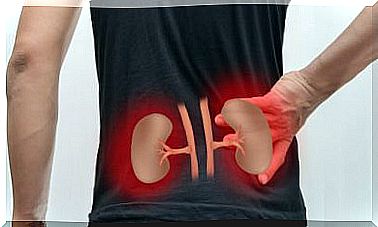Hypochlorhydria – What Is It And How To Deal With It?
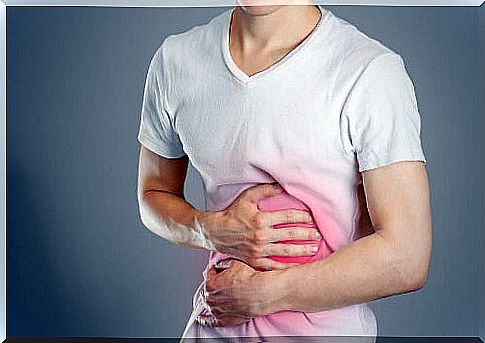
Hypochlorhydria is the decreased production in the body of a substance known chemically as hydrochloric acid. The acid is naturally found in the stomach in a controlled environment.
Hydrochloric acid, or hydrochloric acid (HCl according to chemical symbols), performs a number of specific functions in the stomach. These functions essentially protect the stomach from external factors. In addition, hydrochloric acid is involved in the digestive process. Hypochlorhydria , i.e. too low a concentration of hydrochloric acid in the stomach, is also known as hypersensitivity.
The stomach produces hydrochloric acid through specialized cells in the stomach. Acid-producing cells are stimulated by the substance histamine, which in turn is stimulated by a hormone called gastrin. Conversely, when there is sufficient or excess acid in the stomach, the stomach itself signals the body to stop stimulating the gastrin.
Under normal circumstances, with a self-regulating system in place, there will be no gastritis and no acidity. The problem, however, arises if the production of hydrochloric acid drops well below the desired levels. Then there is talk of hypochlorhydria, or even achlorhydria, when the production of acid ceases completely.
Among the properties of hydrochloric acid in the stomach, we can distinguish the following:
- It breaks down the proteins we eat to process them.
- Participates in the digestion of carbohydrates.
- It destroys harmful microorganisms that can enter the body through food.
While hypochlorhydria may seem mild, it is not. Hypacidity is associated with stomach cancer. Patients suffering from the disorder for a long time show a greater susceptibility to this cancer.
Hypochlorhydria – causes of the problem
Over time, various causes of hypochlorhydria have been identified. The most important of them are listed below:
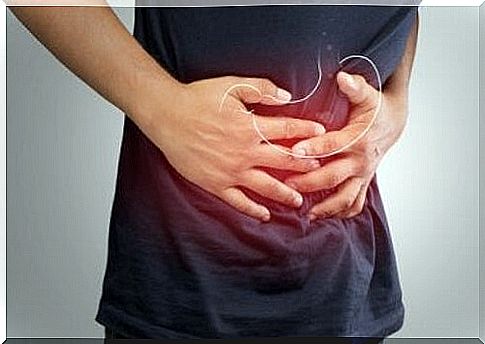
- States of stress and anxiety. This is one of the most important causes of acidity. Under stress, stomach cells may stop producing hydrochloric acid.
- Aging. Over the years, our cells lose function due to age-related deterioration. Among these lost functions is the proper secretion of hormones, which can affect gastrin levels. Also, cells that produce hydrochloric acid age and slow down its metabolism. It is estimated that among people over 60 years of age, hypochlorhydria occurs in as much as thirty percent of the population.
- Abuse of antacids. People with recurring gastritis often have a habit of abusing medications such as ranitidine or omeprazole. These drugs, in turn, block the production of acid to help relieve the symptoms of gastritis. And this is the most desirable effect. However, when used in the long run, they can lead to the opposite effect, namely hypacidity.
- Disorders of the pituitary gland. When this organ malfunctions, the hormonal communication pathway between gastrin and histamine can change.
- Hypothyroidism. As a disease that affects many body functions, the low presence of thyroid hormones also affects the endocrine axis of gastrin and histamine.
- Stomach surgery. Some treatments on the stomach that are invasive have a negative effect on the production of hydrochloric acid. Operations in which part of the organ is excised, in particular, lead to acidosis later on.
Symptoms of too low stomach acid
It is not easy to determine when hydrochloric acid production is too low. Hypochlorhydria gives symptoms similar to other pathologies and can be confused with other diseases.
However, in case of suspicion, doctors have diagnostic procedures at their disposal to exclude other diseases. In any case, it is known that with hypochlorhydria, the patient experiences the following symptoms:
- Disturbances in digestion of meat. After eating some meat, the stomach does not process it properly or at the correct speed.
- Gas and gas. Slower digestion due to a deficiency of hydrochloric acid produces more intestinal gas.
- Anemie. In hypochlorhydria, fewer nutrients, including iron and vitamin B12, are absorbed from the stomach, which can lead to chronic anemia that is difficult to control.
- Gastroenteritis. Since protection against external microorganisms fails, gastroenteritis due to bacterial infection occurs repeatedly.
- High cholesterol. Since hydrochloric acid does not aid digestion, the absorption of fats is altered, which in turn causes them to build up in the blood.
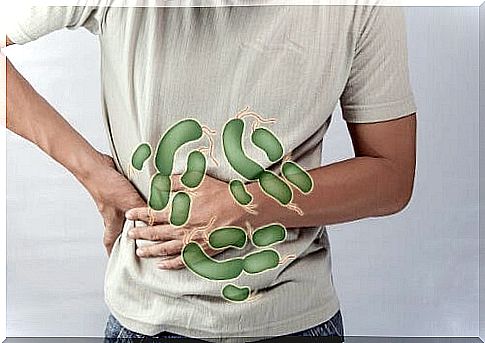
Hypochlorhydria – treatment
If a doctor detects a primary pathology that causes hypochlorhydria, such as hypothyroidism, he will focus on treating the condition. So when we find a solution to the underlying disorder, the symptoms should disappear.
Conversely, if hypochlorhydria has no clear cause, your doctor will certainly recommend general treatment guidelines. These guidelines help the human body to resume normal production of hydrochloric acid. These measures are:
- Slowly chewing food. The chewing process tells the body that digestion will begin, so the mechanisms are activated accordingly. During chewing, among other things, the hormone gastrin begins to act.
- Hot infusions. The use of hot drinks after lunch or dinner stimulates the production of hydrochloric acid. It is a natural mechanism that can be used. On the contrary, it is the case with cold water, which is not advisable for hypoaesthesia because it inhibits the production of stomach acid.
- Natural substances. Apple cider vinegar, honey and sea salt are products that have a positive effect on the stimulation of hydrochloric acid.
Of course, these are only supportive measures in the context of other treatments that need to be taken in the case of ischemia.
In brief
Hypochlorhydria, i.e. low production of hydrochloric acid, can cause various digestive ailments. It can even lead to anemia and high cholesterol. Therefore, a prompt diagnosis should be obtained and thus the appropriate treatment should be established depending on the underlying cause.

